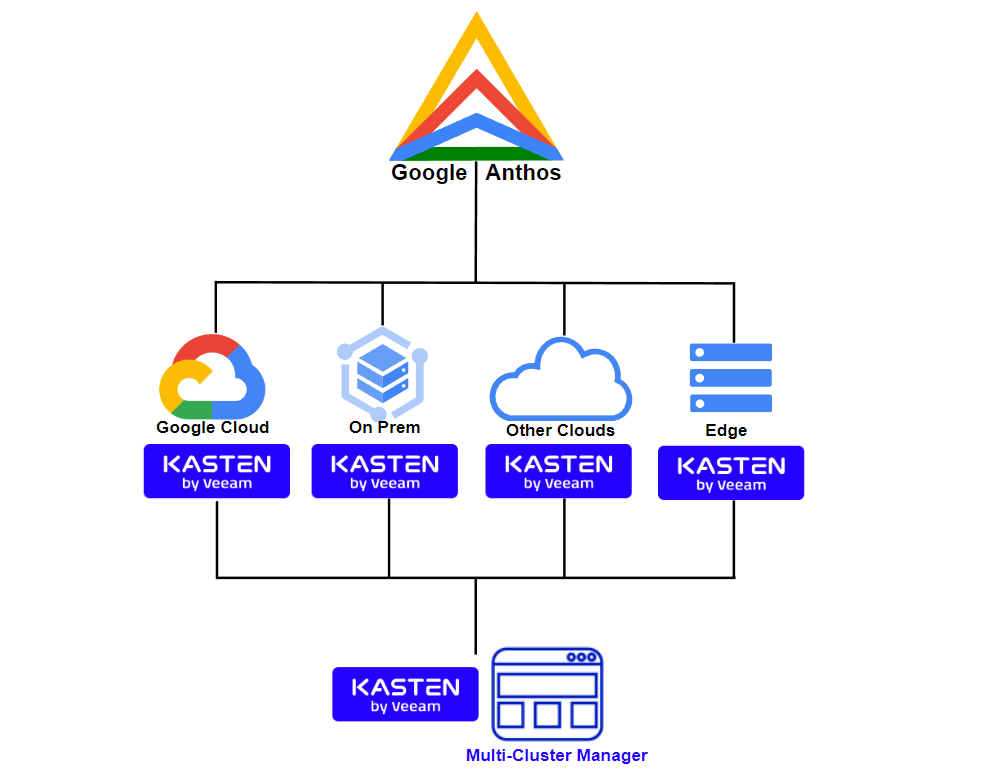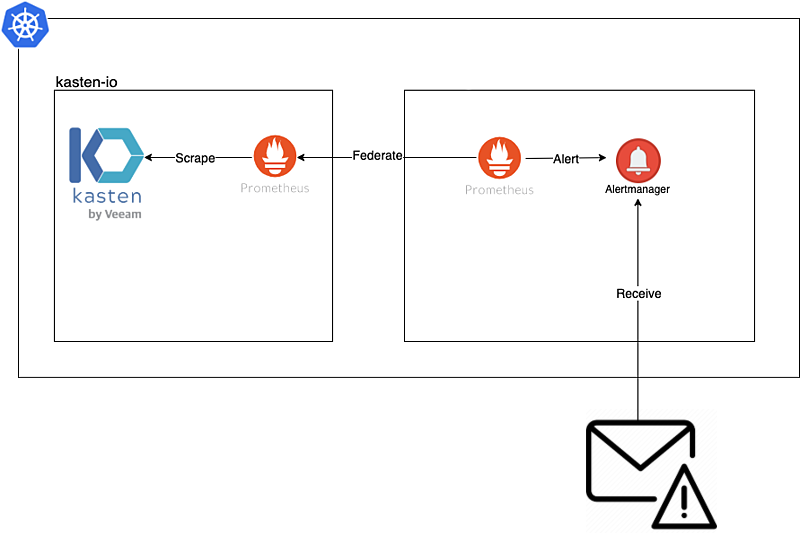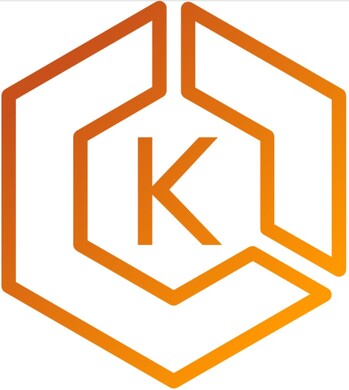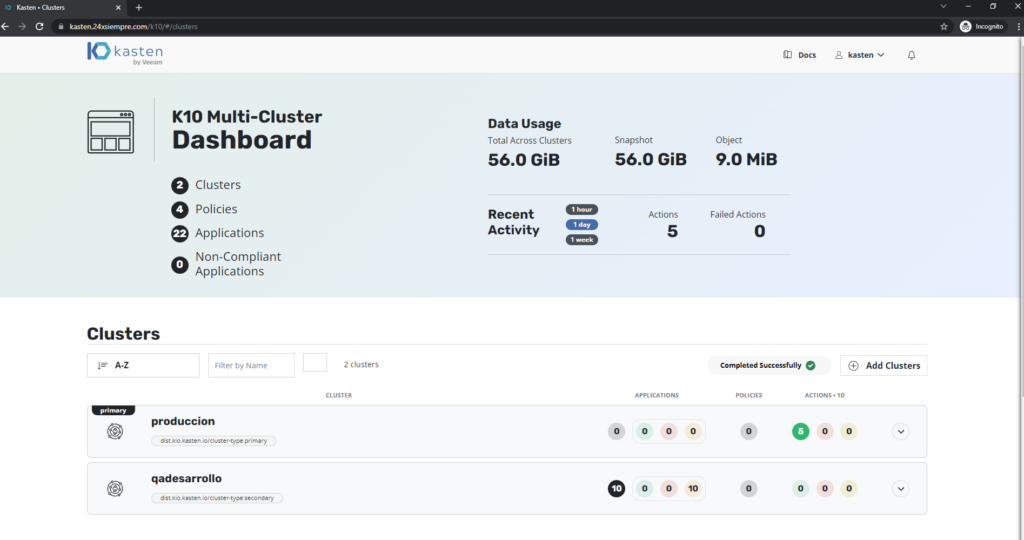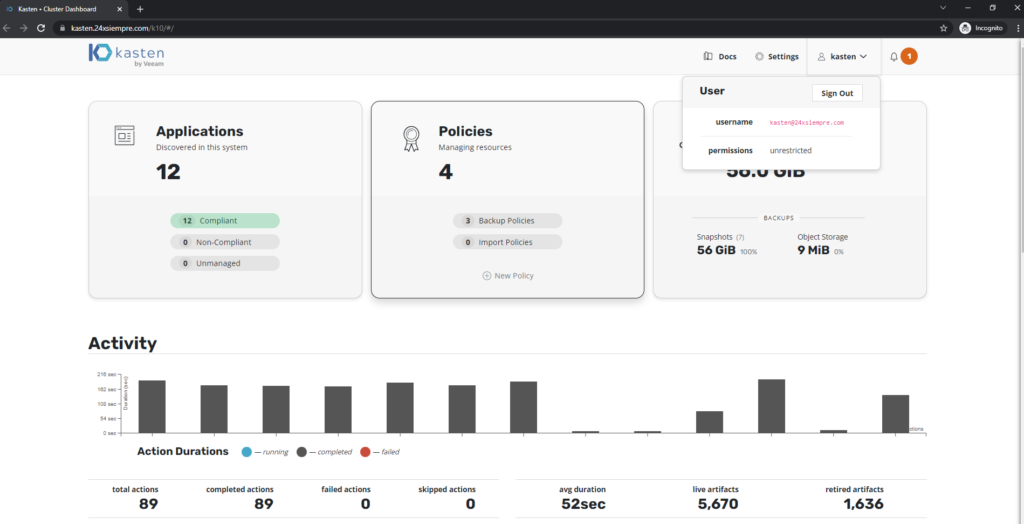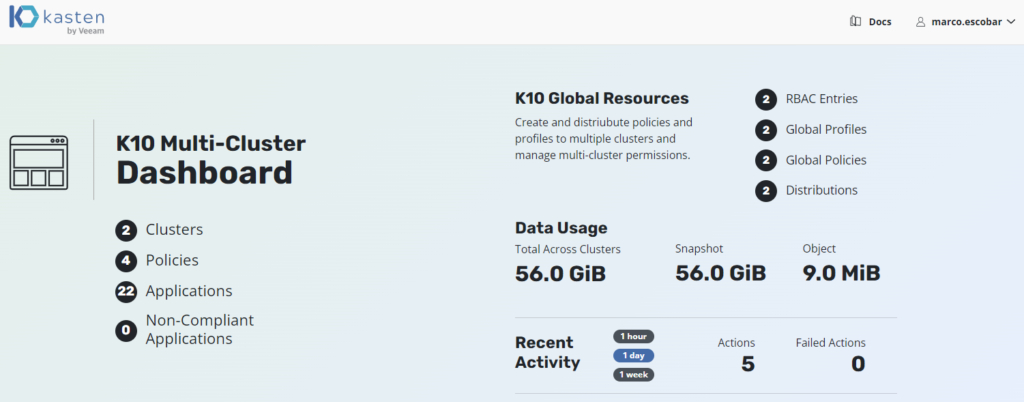One of the architectures that are used in multiple clients with hybrid infrastructure is Google Anthos, a beautiful technology that allows to deploy clusters of Kubernetes in different environments using Google settings Kubernetes Engine, GKE, as well as adding other distributions to Google Anthos from different providers or public clouds. In this post, we will review the Anthos architecture and where to install Kasten K10 to protect applications.
Continue reading How to use Kasten K10 with Google AnthosAll articles in EKS
How to Configure NFS Repository for Kasten K10
One of the options that many companies use to host their backups is NFS, in this guide, we will review how to configure an NFS Profile to be used by Kasten K10, in accordance with the good practices that are indicated in the documentation of Kasten.
Continue reading How to Configure NFS Repository for Kasten K10Configure Email Alerts in Kasten K10
In this guide we will review the installation and configuration of prometheus in order to obtain alerts via email using the federation, rules and alertmanager of prometheus in conjunction with the monitoring of Kasten K10.
Continue reading Configure Email Alerts in Kasten K10How to install Kasten K10 on AWS EKS
One of the most widely used cloud-native services are cloud-orchestrated containers. Kubernetes, where public cloud services are one of the most used for this type of workload. In fact, in one of the 2020 cncf.io surveys, it shows us that about 60% of users / companies use cloud-native storage for their containers directly from Google (81%), AWS (80%) and Azure ( 74%), surely these percentages have changed over the years. That is why in this post we will review how to protect all containers in AWS EKS.
Continue reading How to install Kasten K10 on AWS EKSKasten RBAC Multi-Tenant Multi-Cluster Keycloak – 3
And we continue with this excellent topic that we are reviewing, in the previous post we reviewed everything related to the configuration of clusterroles, roles, bindings for Kasten K10, creating cluster roles for Administrators and for Operators of a particular cluster. In this last post we will see the configuration of roles, clusterroles, bindings with Kasten K10 Multi-Cluster Manager and of course with Keycloak for the management of Users and Groups.
Continue reading Kasten RBAC Multi-Tenant Multi-Cluster Keycloak – 3Kasten RBAC Multi-Tenant Multi-Cluster Keycloak – 2
Excellent topic we are reviewing, in the previous post we reviewed everything related to the Keycloak configuration for centralized user management through OpenID leaving it ready for integration with Kasten K10 y Kasten K10 Multi-Cluster Manager. Therefore, in this post we will see step by step the configuration of the Clusterroles, Roles and groups necessary for management via RBAC of Kasten K10.
Continue reading Kasten RBAC Multi-Tenant Multi-Cluster Keycloak – 2Kasten RBAC Multi-Tenant Multi-Cluster Keycloak – 1
In this post, we will look at Role Based Access Control (RBAC) configuration in conjunction with Kasten K10 for access to one or multiple clusters protected by Kasten, is aimed both at clients who manage 1 or more clusters of any distribution of kubernetes supported by K10, as well as to service providers (SP or MSP) that offer the support of containers of kubernetes with Kasten K10, with the aim of providing controlled access to users / clients according to the granular roles required by each cluster or operation. We will also use a Single Sign-On (SSO) solution using OpenID in this case, Keycloak, for the centralized management of access credentials for either users or groups.
Continue reading Kasten RBAC Multi-Tenant Multi-Cluster Keycloak – 1